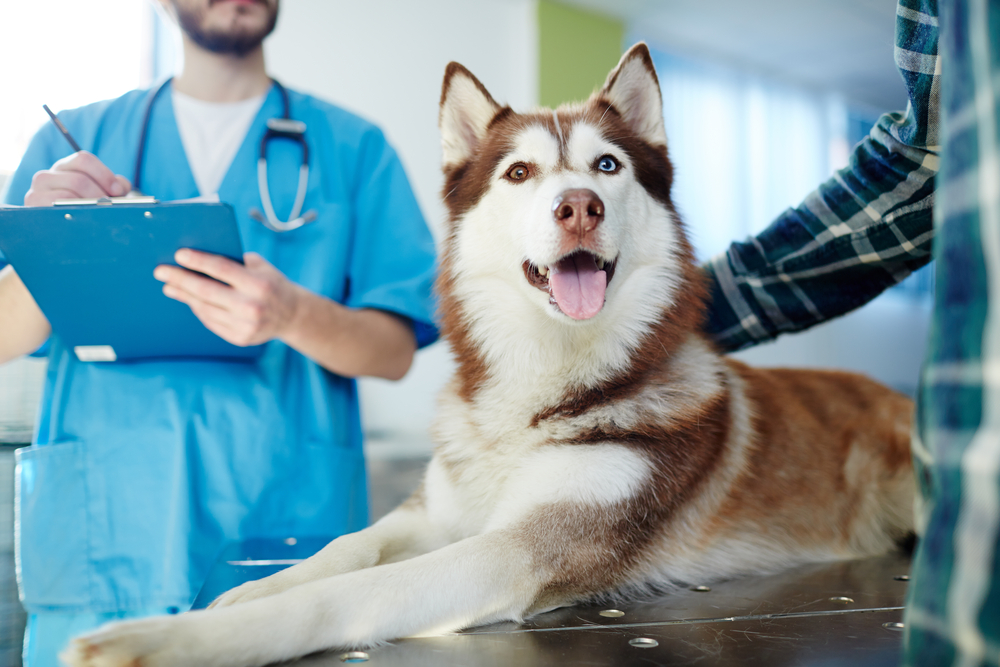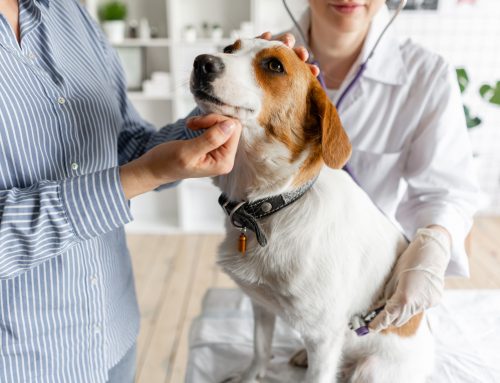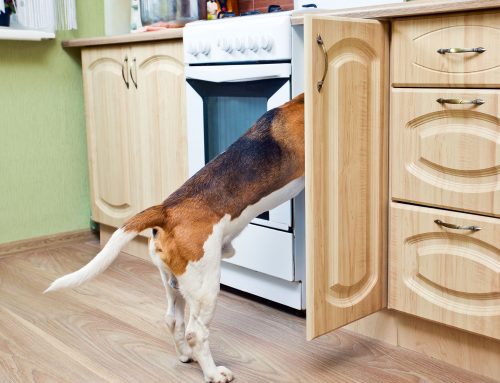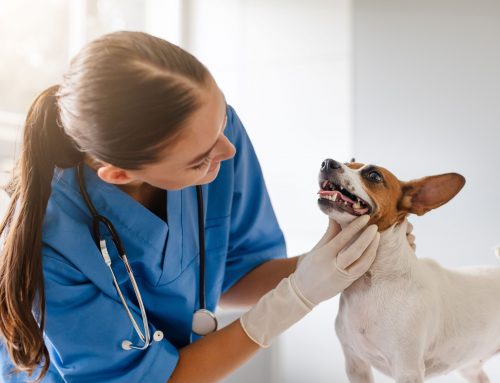Dog or canine heartworms are parasites that attack the heart, blood vessels, and the lungs of your dog. A dog contracts heartworm if it experiences a bite from a mosquito carrying the infection. Canine heartworm-carrying mosquitoes are prevalent across all areas of the United States. Fortunately, there is no way an infected dog can give the worm to another dog. Humans cannot contract heartworm except in very rare cases.
Mosquitoes and Heartworm
After an infected mosquito bites a dog, it takes about seven months for the larvae to mature. After that, the adult heartworms attach themselves to the heart, blood vessels, and the lungs. In addition, they begin reproduction after their attachment. On average, adult heartworms (which can be as many as 250 in a dog’s body) can have lengths of up to 12 inches and a long lifespan of between five and seven years.
Symptoms of a Heartworm Infection
At first, you will not notice any symptoms and your dog will appear normal since the larvae take seven months to mature. However, as more of these parasites mature, the dog will start to develop a cough, especially as the parasites lodge themselves around the lungs and the heart. In addition, this is the point where your dog’s level of activity will go down since your dog will get tired faster. In severe cases, you will start to notice strange sounds from the lungs and and may even notice your dog losing consciousness at random times. If you notice any of these symptoms, you need to seek medical attention. The parasites will not die out on their own.
How Is Heartworm Treated?
Before diving into this topic, you should know that taking preventative measures against contracting parasites is the best course of action. One of the most common preventatives is ivermectin, a medication that can prevent heartworm and other parasites in your dog if used correctly.
The standard treatment for heartworms involves two or three injections to kill the worms. However, the safer alternative involves a number of things such as blood work, taking X-rays, and other extensive tests. After the dog is analyzed properly, it gets the appropriate injections. The safer way can cost anywhere between $500 and $1,000. Recovery can take anywhere up to a few months.







Leave A Comment